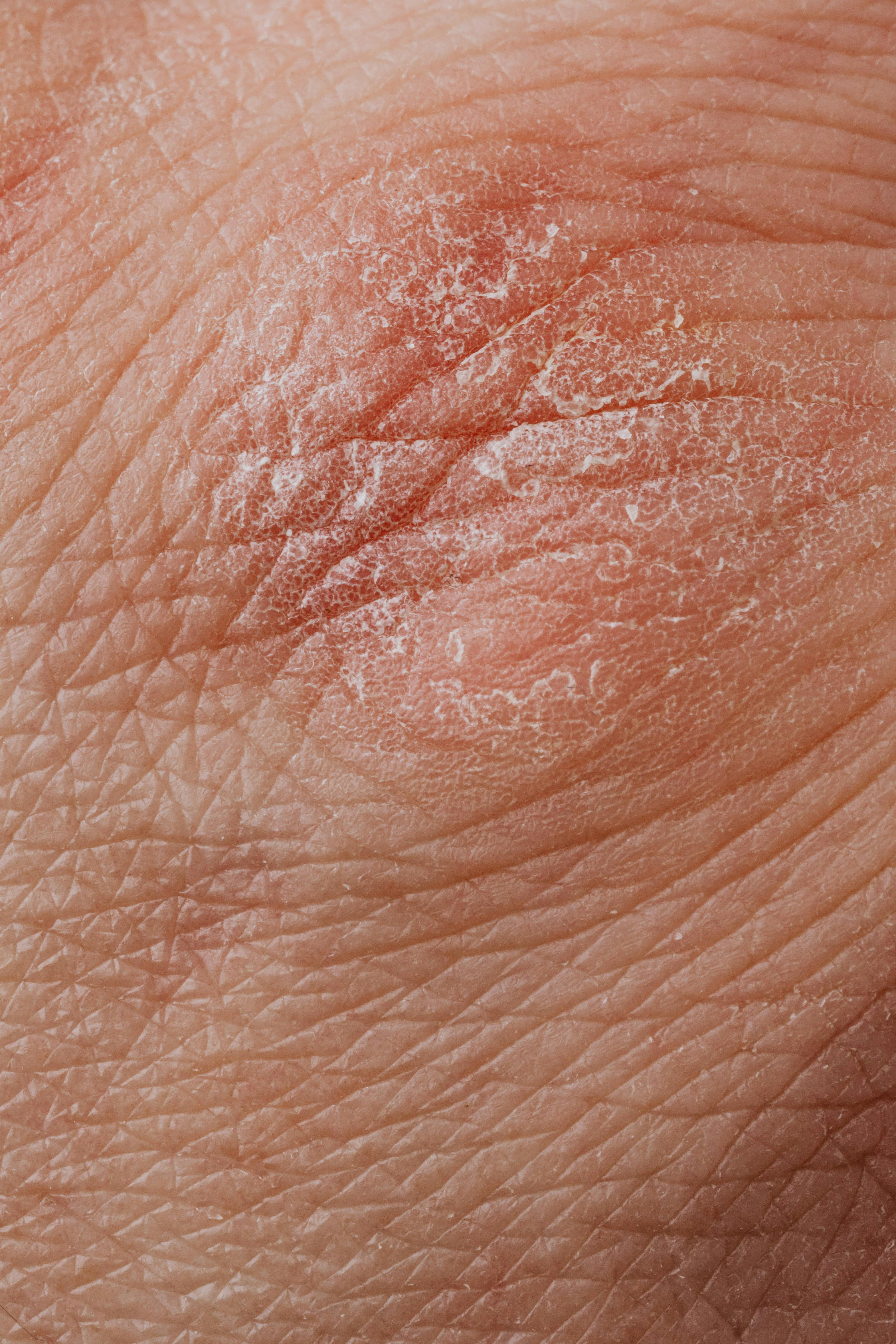If you’ve been on a quest for the latest health trend, you’ve probably stumbled across the intriguing concept of ice baths. But before you take the plunge, it’s important to understand how this icy practice can impact individuals with different medical conditions. Whether you’re dealing with muscle soreness or chronic pain, this article is here to provide you with all the essential information you need to know about ice baths and their potential effects on your health. So, let’s dive into the lowdown on ice baths and medical conditions.

This image is property of images.pexels.com.
Understanding Ice Baths
What are ice baths?
Ice baths, also known as cold baths or cold water immersion therapy, involve immersing your body or specific body parts in cold water for a certain duration. The temperature of the water typically ranges from 50 to 59 degrees Fahrenheit (10 to 15 degrees Celsius). Ice baths have been used for centuries as a therapeutic technique to promote physical recovery and relieve various medical conditions.
How do ice baths work?
Ice baths work by causing vasoconstriction, which is the narrowing of blood vessels, when your body is exposed to the cold temperature. This constriction helps reduce inflammation and swelling, numbs nerve endings, and decreases blood flow to the area immersed in cold water. As a result, ice baths are believed to alleviate pain, promote muscle recovery, and provide other health benefits.
Benefits of ice baths
Ice baths offer several potential benefits for your physical health. They are commonly used by athletes to speed up muscle recovery after intense workouts or competitions. Ice baths can also help alleviate inflammation, promote cardiovascular health, provide relief from certain types of chronic pain, and improve mental well-being. However, it is important to understand the potential risks and use ice baths appropriately to avoid any adverse effects.
Risks and precautions of using ice baths
While ice baths can be beneficial, there are certain risks and precautions to consider. Prolonged exposure to cold water can lead to hypothermia, so it is crucial to limit the duration of your ice bath sessions. Individuals with cardiovascular conditions, such as hypertension or heart disease, should consult their healthcare provider before using ice baths. It is also recommended to gradually acclimate your body to cold water immersion to prevent shock or other adverse reactions.
Ice Baths and Inflammation
Effect of ice baths on inflammation
Ice baths have been shown to reduce inflammation in the body. The cold temperature causes blood vessels to constrict, decreasing blood flow and reducing the release of inflammatory substances. As a result, ice baths may help reduce swelling, pain, and promote healing in inflamed tissues.
Conditions with inflammation where ice baths may help
Ice baths have been effective in managing inflammation caused by various conditions, such as sprains, strains, tendonitis, and acute injuries. They can provide relief for athletes recovering from intense workouts or individuals dealing with acute inflammation from injuries or surgeries.
Conditions with inflammation where ice baths may be harmful
Ice baths may not be suitable for all conditions involving inflammation. Chronic inflammatory conditions, such as rheumatoid arthritis or other autoimmune disorders, may not respond positively to ice baths. It is important to consult with a healthcare professional for guidance on whether ice baths are appropriate for your specific condition.

This image is property of images.pexels.com.
Ice Baths and Muscle Recovery
Impact of ice baths on muscle recovery
Ice baths are commonly used by athletes to aid in muscle recovery. The cold temperature reduces muscle inflammation and soreness, helping to speed up the recovery process. The constriction of blood vessels during cold water immersion also helps remove waste products, such as lactic acid, from the muscles, further promoting recovery.
Advantages and disadvantages of using ice baths for muscle recovery
One of the advantages of using ice baths for muscle recovery is the potential reduction in muscle soreness and inflammation, allowing athletes to resume training or competing sooner. However, the use of ice baths immediately after intense exercise may interfere with the body’s natural inflammation response, potentially hindering the muscle-building process. It is important to strike a balance and consider individual needs when incorporating ice baths into a muscle recovery routine.
Appropriate use of ice baths for muscle recovery
To ensure optimal muscle recovery, it is recommended to use ice baths shortly after intense exercise, within 15 to 30 minutes. The duration of each ice bath session should be around 10 to 15 minutes, although individual preferences and tolerances may vary. It is essential to listen to your body and avoid prolonged exposure to cold water, as it may lead to adverse effects.
Ice Baths and Sports Injuries
Role of ice baths in treating sports injuries
Ice baths play a crucial role in the initial treatment of sports injuries. The cold temperature helps reduce swelling, inflammation, and pain associated with acute injuries. Ice baths, when used in combination with other appropriate treatments, can aid in the recovery process and help athletes return to their sport sooner.
Specific sports injuries where ice baths are recommended
Ice baths are commonly recommended for injuries such as sprains, strains, contusions, and acute muscle tears. These injuries often involve inflammation and swelling, which can be effectively managed with cold water immersion.
Sports injuries where ice baths should be avoided
While ice baths can be beneficial for acute sports injuries, they may not be suitable for all situations. Open wounds or injuries that require immediate medical attention should not be immersed in ice water. In such cases, it is crucial to seek professional medical advice before considering ice baths as a treatment option.

This image is property of images.pexels.com.
Ice Baths and Chronic Pain
Can ice baths alleviate chronic pain?
Ice baths may provide temporary relief for certain cases of chronic pain. The cold temperature numbs nerve endings and can help reduce pain sensation. However, it is important to note that chronic pain conditions are complex and individual responses to ice baths may vary.
Conditions with chronic pain where ice baths may provide relief
Ice baths have been used for conditions such as fibromyalgia, osteoarthritis, and chronic muscle pain to alleviate symptoms. The cold water immersion can reduce pain signals and provide temporary relief, allowing individuals to experience a temporary decrease in pain perception.
Conditions with chronic pain where ice baths may worsen the symptoms
Not all chronic pain conditions respond positively to ice baths. In some cases, cold water immersion may exacerbate certain types of chronic pain, such as neuropathic pain or conditions characterized by hypersensitivity to cold. It is essential to consult with a healthcare professional to determine if ice baths are suitable for your specific chronic pain condition.
Ice Baths and Skin Conditions
Effectiveness of ice baths for skin conditions
Ice baths have shown some effectiveness in addressing certain skin conditions. The cold temperature reduces inflammation and can provide relief from itchiness and irritation associated with certain skin conditions.
Skin conditions where ice baths may be beneficial
Ice baths may be beneficial for skin conditions such as eczema, psoriasis, and hives. The cold water immersion can soothe the skin, reduce inflammation, and alleviate itching or discomfort. It is important to note that results may vary, and individual responses to ice baths for skin conditions may differ.
Skin conditions where ice baths may aggravate the condition
Not all skin conditions respond positively to ice baths. Skin conditions that worsen with exposure to cold, such as cold urticaria or Raynaud’s disease, may be aggravated by cold water immersion. Individuals with these conditions should avoid ice baths and consult with a dermatologist for appropriate treatment options.
Ice Baths and Cardiovascular Health
Impact of ice baths on cardiovascular health
Ice baths can have both positive and negative effects on cardiovascular health. The initial vasoconstriction caused by cold water immersion can increase blood pressure. However, the subsequent re-warming of the body after the ice bath session may cause blood vessels to dilate, potentially improving blood flow and cardiovascular function.
Benefits of ice baths for cardiovascular health
Ice baths have been shown to improve cardiovascular health by promoting blood vessel function, reducing inflammation, and enhancing blood flow. Regular use of ice baths under appropriate guidance may contribute to improved heart health and overall cardiovascular function.
Precautions for individuals with existing cardiovascular conditions
Individuals with existing cardiovascular conditions, such as hypertension or heart disease, should exercise caution when using ice baths. It is recommended to consult with a healthcare provider before incorporating ice baths into a cardiovascular health routine. Monitoring blood pressure and heart rate during and after the ice bath sessions may also be necessary.
Ice Baths and Mental Health
Effect of ice baths on mental health
Ice baths can have a positive impact on mental health. The exposure to cold water releases endorphins, which are natural mood-boosting chemicals. The invigorating sensation and the activation of the body’s stress response during cold water immersion can also contribute to improved mental well-being.
Potential psychological benefits of ice baths
Ice baths have been associated with increased alertness, reduced stress, and improved mood. The cold water immersion can serve as a form of physical and mental challenge, promoting a sense of accomplishment and improving mental resilience. Regular use of ice baths may also contribute to better sleep quality and overall mental well-being.
Considerations for individuals with mental health disorders
While ice baths may offer psychological benefits, individuals with mental health disorders should proceed with caution. Cold water immersion can trigger anxiety or panic attacks in some individuals. It is important to consult with a mental health professional before incorporating ice baths into a mental health treatment plan.
Ice Baths and the Immune System
Effectiveness of ice baths in boosting the immune system
Ice baths may have potential in boosting the immune system. The cold temperature stimulates the production of certain immune cells, such as white blood cells, which play a crucial role in defending the body against infections.
Relationship between ice baths and immune response
Cold water immersion has been shown to activate the body’s natural immune response by increasing the production and activity of immune cells. The release of anti-inflammatory substances during ice baths may also contribute to immune system modulation.
Precautions for individuals with compromised immune systems
Individuals with compromised immune systems, such as those with autoimmune disorders or undergoing immunosuppressive therapy, should exercise caution when considering ice baths. The immune-boosting effects of ice baths may not outweigh the potential risks for these individuals. It is essential to consult with a healthcare provider to determine the suitability of ice baths for individuals with compromised immune systems.
Ice Baths and Pregnancy
Safety of ice baths during pregnancy
The safety of ice baths during pregnancy is a topic of debate. There is limited research on the effects of cold water immersion on pregnant women and their developing babies. It is recommended to consult with a healthcare provider before using ice baths during pregnancy to ensure the safety of both the mother and the baby.
Potential benefits and risks of ice baths for pregnant women
Ice baths may provide temporary relief from pregnancy-related discomfort, such as swelling or muscle soreness. However, potential risks include increased heart rate, blood pressure changes, and potential thermal stress on the developing baby. It is crucial to prioritize the safety of the mother and consult with a healthcare provider before using ice baths during pregnancy.
Consultation with healthcare provider before using ice baths
Due to the potential risks and individual differences, it is important for pregnant women to consult with their healthcare provider before incorporating ice baths into their pregnancy routine. The healthcare provider can provide personalized guidance based on the individual’s medical history and current pregnancy status.
In conclusion, ice baths can offer various benefits for physical and mental health when used appropriately. However, it is crucial to consider individual circumstances, consult with healthcare professionals, and listen to your body to ensure safe and effective use of ice baths.
